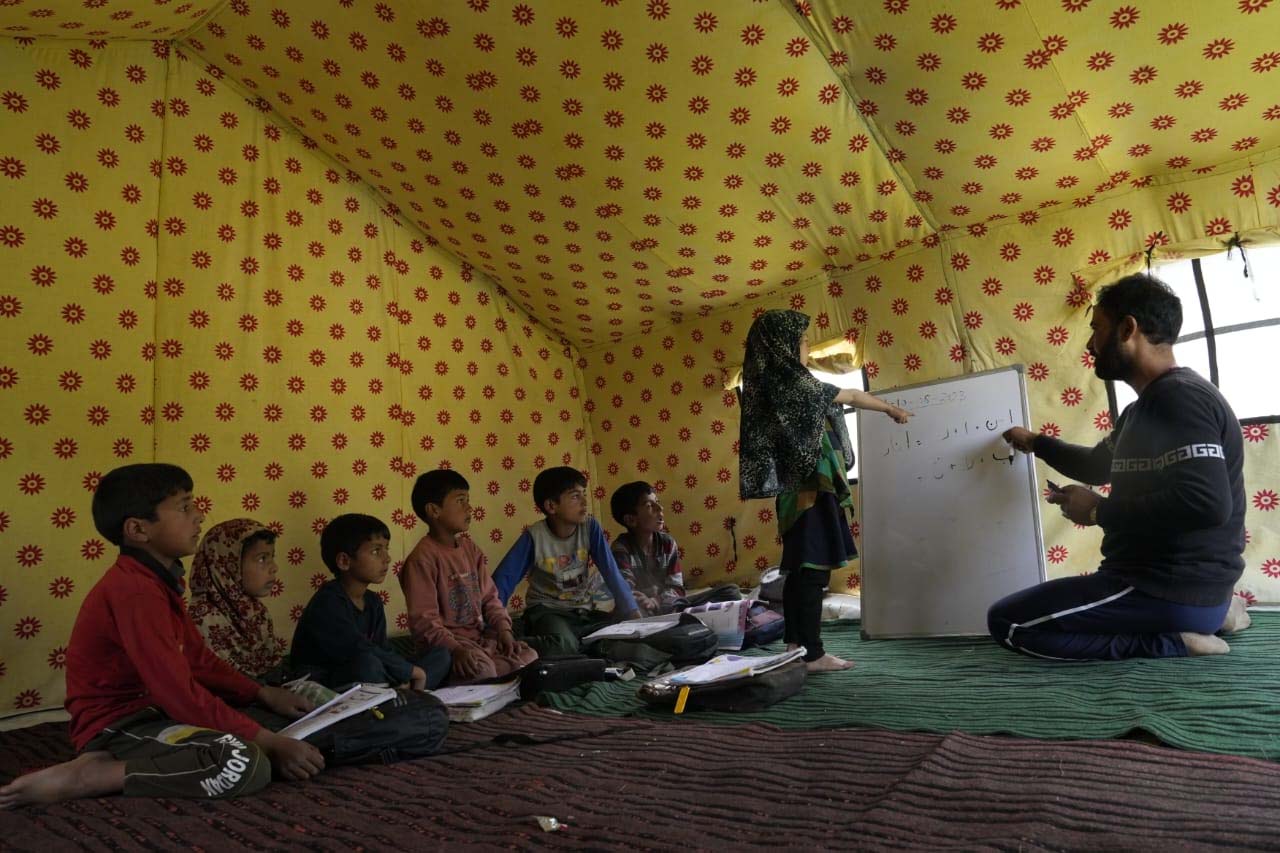Suhail Bhat
SRINAGAR, Sept 6: Nearly 11 seasonal schools established to cater to the semi-nomadic population in the Khag area of central Kashmir’s Budgam district are struggling to provide the essential facilities that mainstream schools typically offer.
These schools operate in the upper reaches of Budgam and aim to provide education to semi-nomadic families who migrate to these areas during the summer months to graze their cattle. However, both teachers and students face significant challenges due to the absence of basic amenities crucial for quality education.
Local residents expressed their concerns, highlighting that these seasonal schools are not treated on par with normal schools, depriving the underprivileged students of necessities such as mid-day meals, teaching materials, notebooks, and uniforms. This neglect hinders the educational prospects of the children, whose families lack the financial means to afford their education.
Residents from the Shinglipora area of Tosemaidan accused the administration of failing to provide midday meals and notebooks for these underprivileged children. Tosemaidan, a picturesque area situated approximately 30 kilometres from the tehsil headquarters, hosts a mobile school serving around 140 families who migrate to pasture their cattle for four to five months each summer.
“Our family has lived in these mud huts for generations, here for four months each summer. There’s a mobile school from the government, but our kids do not get books, food, or bags. If they help our kids, they can do well in life,” Ali Mohammad, a resident, said.
Another resident, Mohammad Abdullah Khan, highlighted the shortage of teachers, with only one teacher available to serve approximately 140 families. He stressed that the teacher’s efforts alone cannot address the needs of the students and called for essential supplies like school bags, notebooks, and more. “One teacher cannot do it all. We need school bags, notebooks, and more,” he said.
He shed light on the challenges faced by seasonal teachers in the region, numbering between 2,400 to 2,700. He explained that they work for only six months and do not receive a consistent salary, leading to financial instability.


